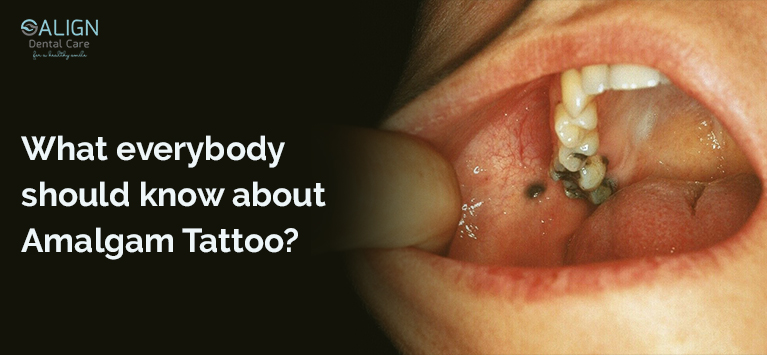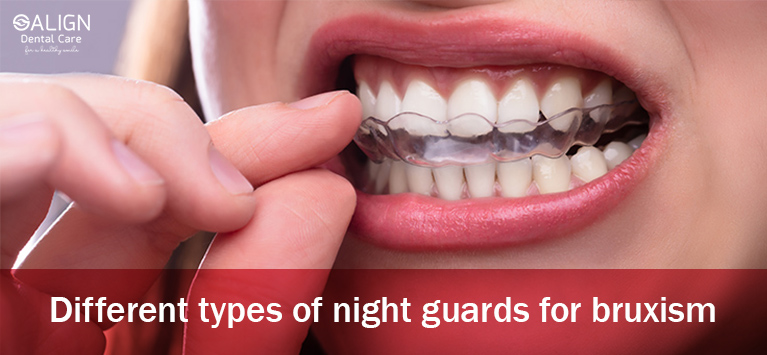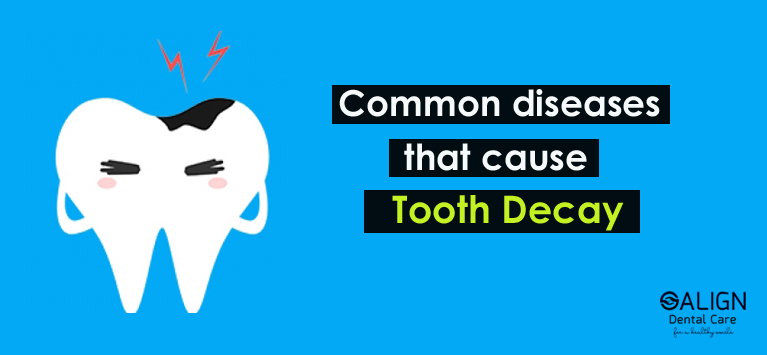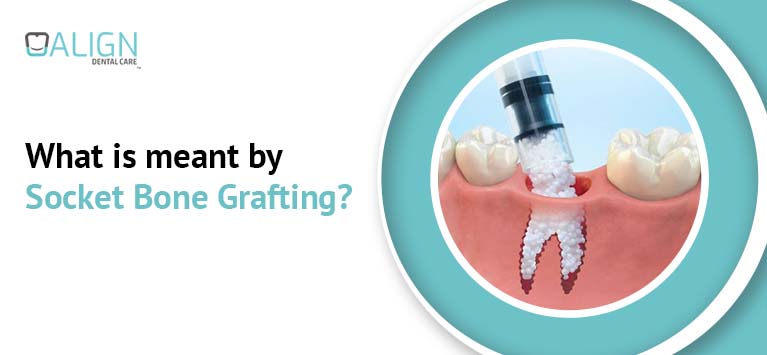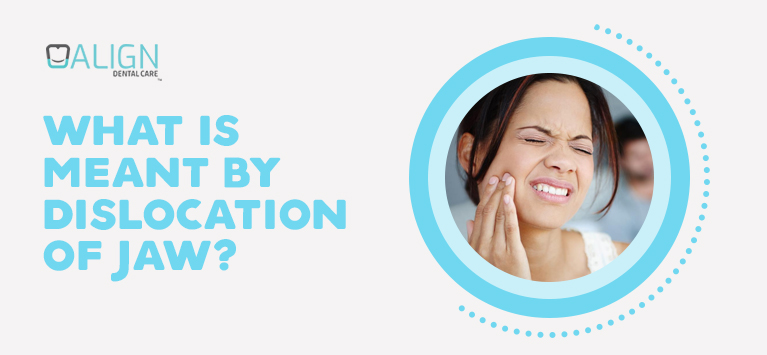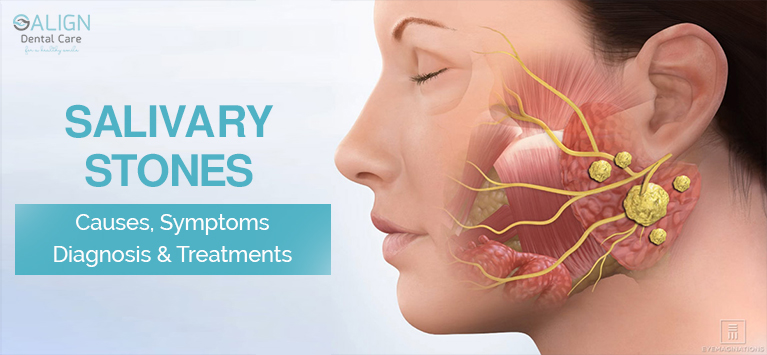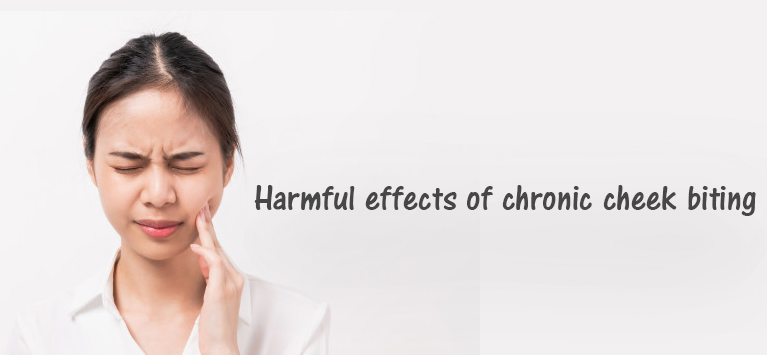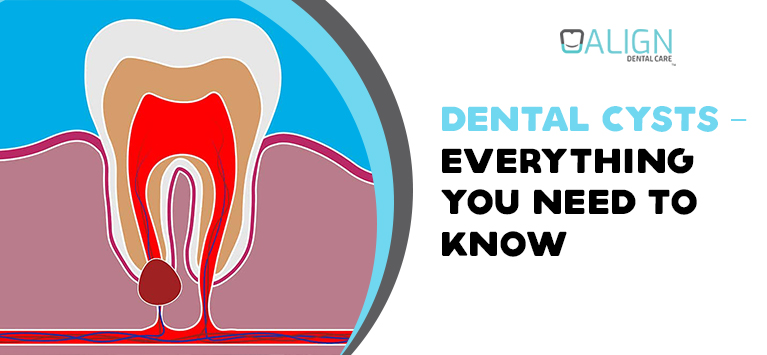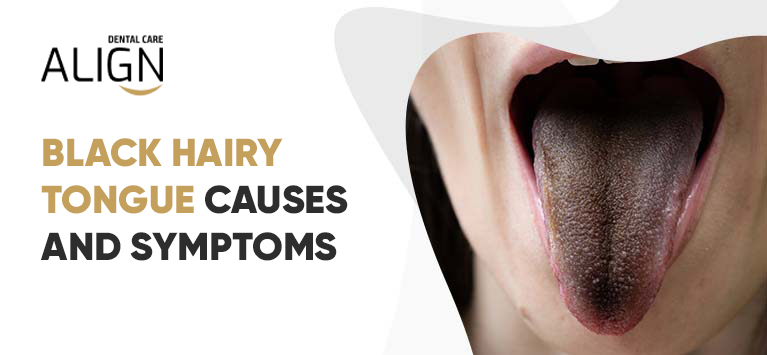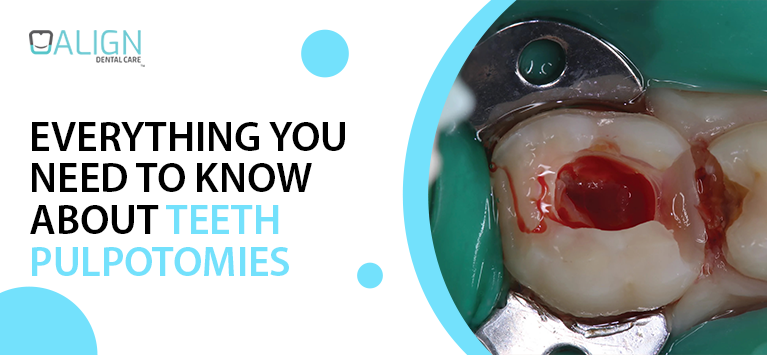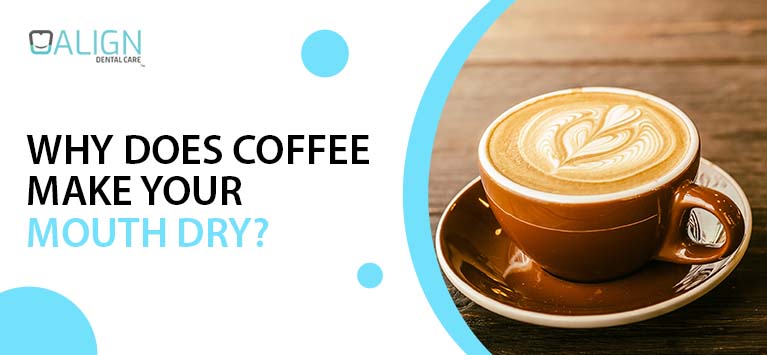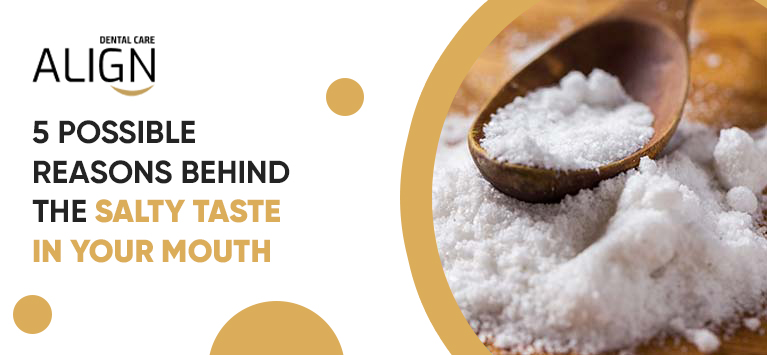
Is Charcoal Toothpaste Good for Your Teeth?
Charcoal toothpaste has gained attention in the world of oral care, mainly for its ability to remove stains. It’s made from activated charcoal, which is a fine black powder created by heating natural materials. The porous texture of activated charcoal allows it to bind with particles on the surface of teeth, which is why many people use it for cosmetic whitening.
Though it appears modern and trendy, charcoal toothpaste has been used for decades in different forms. However, understanding its effect on dental health is important. In this blog, we’ll explore whether it’s good or bad for your teeth, how it works, and how to use it without harming your enamel.
Table of Contents
What Does Charcoal Toothpaste Do?
Charcoal toothpaste is mainly used for cleaning surface stains caused by food, drinks, and tobacco. The slightly abrasive nature of activated charcoal toothpaste helps in removing particles from the outer surface of the teeth, making them appear brighter. It doesn’t chemically whiten teeth but gives a cleaner and fresher look.
Some users claim they feel their mouth is cleaner after using charcoal toothpaste. This may be because charcoal can bind with bacteria and food residues. However, it’s important to note that the effect is only on the surface level. Deep cleaning and protection against cavities still require fluoride and professional dental care.
Is Charcoal Toothpaste Safe?
When used occasionally, charcoal toothpaste can be considered safe. Most concerns arise when it’s used every day or used with aggressive brushing. Activated charcoal toothpaste can be more abrasive than regular toothpaste, and long-term use may wear down the enamel layer. Once enamel is gone, it doesn’t grow back, which can lead to tooth sensitivity and visible yellowing.
Many charcoal toothpaste products do not contain fluoride. Fluoride plays a key role in preventing decay and strengthening enamel. If charcoal toothpaste is used frequently without fluoride support, the teeth may become more vulnerable to damage. So while it may seem effective for a short time, the long-term impact depends on how and how often it’s used.
Is Charcoal Toothpaste Bad for Your Teeth?
Overusing charcoal toothpaste can lead to enamel erosion. This is especially a risk when brushing hard or using products with high abrasiveness. The outer layer of the tooth, known as enamel, protects the inner dentin and nerves. If worn down, it can’t regenerate, making the teeth more sensitive to heat, cold, and sweet foods.
In some cases, people also experience gum irritation from charcoal particles. The dark paste may also settle into cracks or dental work, which can leave teeth looking dull over time instead of brighter. Activated charcoal toothpaste may not be the best choice for people with crowns, veneers, or exposed roots.
The common idea that charcoal toothpaste is bad for your teeth usually comes from these long-term effects of wear and irritation. To reduce risk, dentists recommend limited use—once or twice a week—rather than daily use.
Charcoal Toothpaste Benefits
Activated charcoal toothpaste can offer benefits when used properly and occasionally. It provides a mild polishing effect that removes external stains and buildup. This can lead to a visible improvement in tooth brightness.
Some users report that charcoal toothpaste helps with fresh breath, which may be due to its ability to bind with odour-causing compounds. Another reason people prefer it is that many charcoal products are free from artificial whitening chemicals. Those looking for natural alternatives often choose charcoal toothpaste because it’s free from peroxide and bleaching agents.
The key benefit of charcoal toothpaste is surface-level stain removal, not deep whitening or enamel repair. It should be considered a cosmetic product rather than a daily oral care essential.
Is Charcoal Good for Your Teeth?
Charcoal is good for the teeth only in certain situations. When used once in a while, it can help improve appearance by removing minor surface stains. People who smoke or drink coffee may notice a small improvement in how their teeth look. However, using it too often or brushing too hard can create more harm than benefit.
Since charcoal toothpaste doesn’t contain fluoride in most cases, it cannot protect against decay. That’s why charcoal is not a complete solution for oral hygiene. It may be used as a secondary product in combination with fluoride toothpaste.
Home Use of Charcoal Toothpaste
For people using activated charcoal toothpaste at home, the following points are useful:
- Always choose a low-abrasive formula if available.
- Use a soft-bristle toothbrush.
- Brush gently for no more than two minutes.
- Avoid using charcoal toothpaste more than twice a week.
- Rinse thoroughly after brushing.
Some people also make homemade pastes using charcoal powder. In such cases, it’s important to ensure the powder is food-grade and the brushing method is soft. Avoid mixing it with strong acids like lemon juice, which can worsen enamel loss.
Are Charcoal Toothbrushes Safe?
Charcoal toothbrushes have bristles infused with charcoal particles. These brushes are marketed for their potential to remove bacteria and keep the brush cleaner for longer. However, current evidence doesn’t show that charcoal bristles clean better than regular soft-bristled toothbrushes.
They are safe to use as long as the bristles are soft and gentle on the gums. Like charcoal toothpaste, charcoal toothbrushes should not be used aggressively. The safety of the brush depends more on the brushing technique than the presence of charcoal.
Alternatives to Charcoal Toothpaste
People looking for tooth whitening or stain removal may find other options more reliable. Whitening toothpaste with fluoride, in-office dental cleaning, and professionally recommended whitening strips can offer safer and longer-lasting results.
For daily cleaning, fluoride toothpaste is essential. It strengthens enamel, prevents decay, and supports long-term oral health. Charcoal toothpaste, on the other hand, is best reserved for occasional cosmetic purposes.
Summary
Charcoal toothpaste may seem like a good option for naturally whiter teeth, but it should be used with care. The charcoal toothpaste benefits mainly involve surface cleaning and freshness. Although it may not be harmful when used once or twice a week, daily use can cause damage to the enamel and lead to tooth sensitivity.
To answer whether activated charcoal toothpaste is effective—the answer is yes, but only for short-term visual results. It does not offer long-term protection, especially since most formulas don’t include fluoride. For those wondering about its safety, it’s important to remember that is charcoal toothpaste bad for your teeth becomes true only with overuse and poor technique.
Charcoal-based oral products can be used alongside regular brushing but should not be the only product relied on. Those with crowns, veneers, or sensitive teeth should be especially cautious. When asking whether is charcoal good for your teeth, the safest answer is only if used correctly, occasionally, and with good oral hygiene practices in place.








